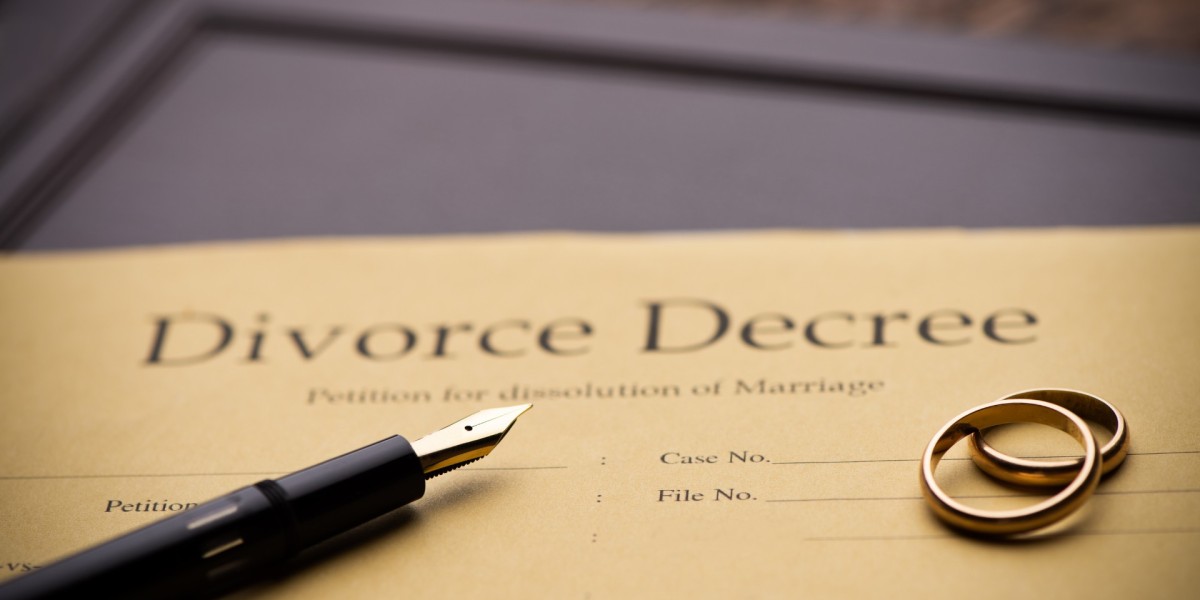Divorce is a significant life event that requires careful consideration and thorough documentation. Whether you're initiating the divorce or responding to a divorce action in New York State, understanding the essential divorce documents is crucial. In this blog post, we will provide a clear and user-friendly guide to the most important divorce documents you'll encounter throughout the divorce process inNew York State Divorce Documents.
- Divorce Summons and Complaint
The divorce process in New York begins with the filing of a divorce summons and complaint. The summons informs the other spouse about the divorce action, while the complaint outlines the grounds for divorce and specific requests related to issues such as child custody, child support, spousal support, and property division. Both documents are typically filed together.
- Verification
The verification is a document that accompanies the divorce complaint. It certifies the truth and accuracy of the statements made in the complaint. This document must be signed and notarized.
- Notice of Automatic Orders
In New York, when you file for divorce, the court issues an Automatic Orders document that restricts certain actions during the divorce process. These orders prevent both spouses from making significant financial changes, such as selling or transferring property, modifying insurance policies, or changing beneficiaries.
- Affidavit of Service
When you serve divorce papers to your spouse, the person delivering the papers must complete an Affidavit of Service. This document provides evidence that the papers were served according to legal requirements.
- Answer and Counterclaim
If you're the spouse who receives divorce papers, you must respond by filing an answer. The answer is your formal reply to the divorce complaint. In some cases, you may also include a counterclaim, outlining your own requests regarding issues like child custody, support, and property division.
- Affidavit of Defendant
If you are the defendant in a divorce case and you agree with the statements made in the divorce complaint, you may file an Affidavit of Defendant, confirming your agreement with the grounds for divorce and the requests outlined in the complaint.
- Sworn Statement of Removal of Barriers to Remarriage
This document is typically filed after the divorce is finalized. It is used to confirm that any legal barriers to remarriage, such as religious or cultural restrictions, have been removed.
- Sworn Statement of Net Worth
The Sworn Statement of Net Worth is a comprehensive financial document that both spouses are required to complete and submit to the court. This document details your income, expenses, assets, and liabilities. It plays a significant role in the determination of child support and property division.
- Child Support Worksheet
In cases involving child support, a Child Support Worksheet must be completed. This document calculates the appropriate child support payments based on the income and expenses of both parents.
- Stipulation of Settlement
A Stipulation of Settlement is a legal agreement that outlines the terms and conditions to settle the divorce. It addresses issues such as property division, child custody, and spousal support. Both spouses must agree on the terms and sign this document.
- Parenting Plan
In cases involving children, a Parenting Plan is a crucial document that outlines the custody and visitation arrangements. It details how parenting responsibilities will be shared and can include schedules for holidays, vacations, and special occasions.
- Qualified Domestic Relations Order (QDRO)
If there are retirement accounts to be divided, a Qualified Domestic Relations Order (QDRO) is necessary. This document outlines the specifics of how retirement benefits will be divided between the spouses.
- Final Judgment of Divorce
The Final Judgment of New York State Divorce Documents officially terminates the marriage. It is issued by the court after all issues in the divorce have been resolved, and it reflects the court's final decisions.
- Name Change Documents
If a spouse wishes to change their name as part of the divorce, specific name change documents must be filed with the court. These documents update your legal name on identification documents and records.
- Notice of Entry
The Notice of Entry is filed to officially notify the court and the other party that the judgment of divorce has been entered.
- Certificate of Dissolution of Marriage
This document is used to request a certified copy of the divorce decree. It is essential for updating identification documents, such as driver's licenses and passports.
- Notice of Entry and Request for Certification of Domestic Partnership Dissolution
If you are in a domestic partnership or civil union that is being dissolved, this document is used to request a certified copy of the dissolution.
- Civil Case Information Statement
The Civil Case Information Statement is a form required by the court for statistical purposes. It provides information about the parties involved in the case and the nature of the case.
- Affidavit of Regularity
This document is used to confirm that all necessary steps and procedures were followed correctly in the divorce process.
- Motion for Contempt
If one party fails to adhere to the court's orders, the other party may file a Motion for Contempt to address the violation.
Conclusion
Navigating the divorce process in New York State involves a series of crucial divorce documents that serve various legal purposes. Understanding these documents and their importance can help you manage your divorce effectively and ensure that your rights and interests are protected.
It's essential to consult with an experienced family law attorney to guide you through the divorce process, help you complete the necessary documents, and represent your interests in court if required.New York State Divorce Documents play a significant role in the legal process, and having professional legal support can make the journey smoother and less stressful as you move forward with your life after divorce.



